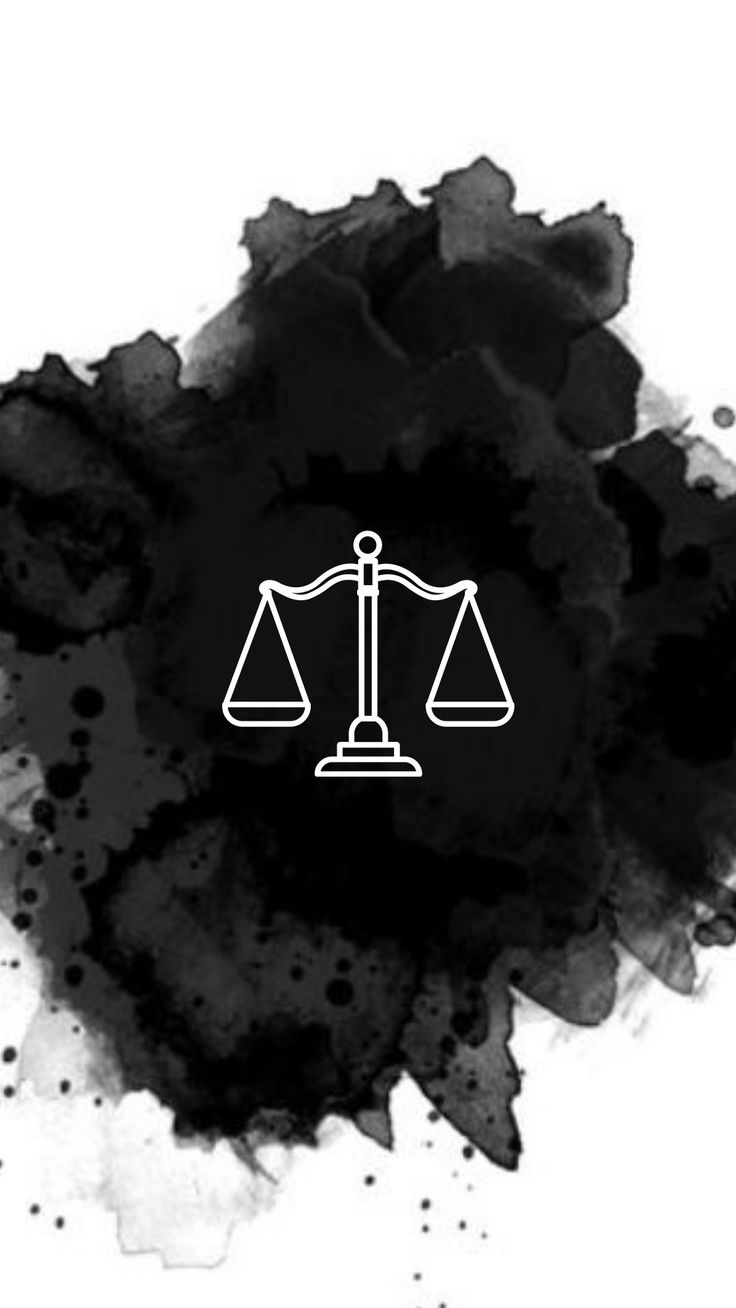Education and training of the National Guard personnel
Introduction.
The effective functioning of the National Guard of Ukraine (NGU) largely depends on the level of training and education of its personnel. The professional training of servicemen is a key element of ensuring national security, law and order and performing special tasks in peacetime and during emergencies. This article will examine the legal aspects of education and training of the NGU personnel, the main types of training, the structure of educational institutions and the challenges faced by this system.
Legislative regulation
TheLaw of Ukraine "On the National Guard of Ukraine": The main legal act regulating the activities of the NGU, defining its tasks, functions and training procedures.
TheLaw of Ukraine "On Military Duty and Military Service": The law regulates military duty, military service, and the education and training of military personnel.
Disciplinary Statute of the Armed Forces of Ukraine: The Statute sets out the general rules of internal service, disciplinary powers of commanders and the procedure for organising education and training.
Resolutions of the Cabinet of Ministers of Ukraine and orders of the Ministry of Internal Affairs of Ukraine: These legal acts define specific procedures and requirements for the education and training of the NGU, including the approval of curricula and training plans.
Main types of training
Initial military training: Initial training is mandatory for all NGU recruits. It includes basic military disciplines, weapons skills, physical training, and the basics of military discipline and behaviour.
Specialised training: After initial training, soldiers undergo specialised training depending on their speciality and tasks. This may include training for sappers, medics, communications, reconnaissance, combat vehicle drivers and other specialities.
Command training: Servicemen and women in command positions receive command training, which includes courses in unit management, tactics, strategy, military logistics and other aspects of military leadership.
Continuousprofessional development: Members of the NGU undergo regular professional development, which includes participation in training, exercises, refresher courses, as well as participation in international exercises and exchanges of experience.
Structure of educational institutions
Military academies and institutes: The National Guard of Ukraine has its own military academies and institutes that provide training for officers and other servicemen in various specialities. This includes undergraduate, graduate and postgraduate education.
Military colleges and schools: Military colleges and schools exist to train non-commissioned officers and sergeants, providing specialised education and practical training.
Training centres and training grounds: Specialised training centres and training grounds are used for practical training and exercises, where servicemen can practice combat skills, tactical manoeuvres and other aspects of military training.
Advanced trainingcourses: Servicemen and women undergo refresher courses at specialised educational institutions, which allow them to update their knowledge and skills in line with current requirements and challenges.
Education and training requirements
Physical fitness: Servicemen and women must maintain a high level of physical fitness, including regular exercise, martial arts training, running, swimming and other sports.
Psychological training: Psychological resilience is an important aspect of military training. This includes classes on psychological support, stress management, leadership and teamwork skills.
Tactical training: Soldiers must be trained in tactical manoeuvring, combat, weaponry, reconnaissance and other combat skills.
Technical training: Knowledge and skills in the use of modern military equipment, communications, navigation systems and other technical means are an essential part of training.
Challenges in education and training
Financial constraints: Insufficient funding may limit the ability to provide modern equipment, training materials, vehicles and other resources necessary for effective training.
Technological development: The rapid development of military technology requires constant updating of curricula and facilities to ensure that military personnel are able to master the latest technologies and methods of warfare.
Psychological stress: The high level of psychological stress and strain during training and service requires proper psychological support and rehabilitation of servicemen and women.
Interoperability with international forces: Participation in international missions and operations requires a high level of interoperability with the military forces of other countries, which requires additional training and education.
International experience
Cooperation with NATO and the EU: The National Guard of Ukraine actively cooperates with NATO and the EU in the field of military training. This includes participation in joint exercises, training and exchanges of experience with the military structures of these organisations.
International exercises and training: The NGU's military personnel take part in international exercises and training, which allows them to improve their professional skills, share experiences and learn the latest methods of warfare.
Exchange ofexperience with other countries: Cooperation with the military structures of other countries, participation in international conferences, seminars and training programmes helps to improve the NGU's training system.
Conclusion.
Education and training of the National Guard of Ukraine are critical elements of ensuring national security and law and order in the country. The main types of training include initial military training, specialised training, command training and continuous professional development. The structure of the NGU's educational institutions includes military academies, colleges, schools, training centres and training grounds.
So, it doesn't matter whether you need a lawyer's advice or a lawyer's advice. Legal marketplace "CONSULTANT" will help you solve any problem! All the necessary services at any time: analysis of documents, legal analysis of the situation, legal analysis of the situation, written advice, verification of documents by a lawyer, legal analysis of documents, legal opinion of a lawyer, legal opinion of a lawyer, legal analysis. Are you looking for an online lawyer or a lawyer online? Choose CONSULTANT - a lawyer is always at your side!
Our legal opinion and legal opinion of a lawyer, legal analysis with a lawyer online and legal advice will help you at any time! Order a document review by a lawyer and general legal analysis right now! And with the services of a lawyer's consultation and document analysis with a written consultation - you will get the whole range of necessary services!

































